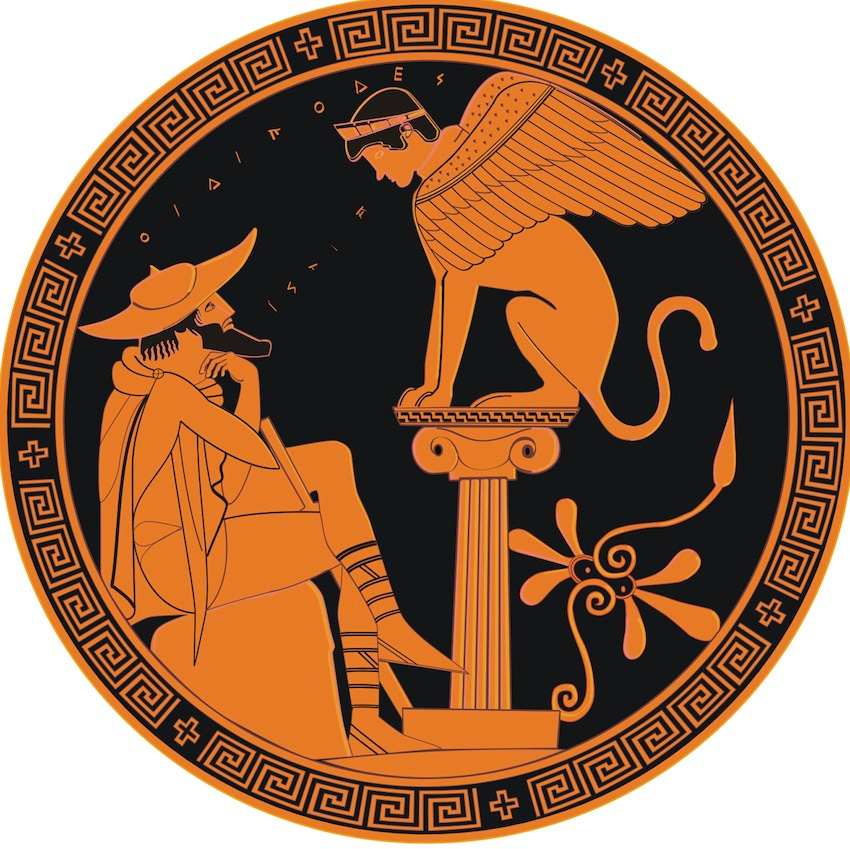Oedipus: the Discovery of the Future
What do we know of that obscure realm where Gods and Daimones roam?

The story of how Oedipus killed his father and married his mother looks alien, even silly, to us. Yet, it resonates deeply with something profound in our modern souls. It is not just interesting for human psychology, but it is a reminder of how our ancestors discovered the future for the first time and with it concepts such as predestination, free will, and more.
I know the grains of sand on the beach and measure the sea;
I understand the speech of the dumb and hear the voiceless.
The Pythoness of the Oracle of Delphi to King Croesus.
__________________________________________________________________
Honestly, what do you make of Oedipus’s story? Seen in modern terms, it is a weird patch-up of elements that go from the silly to the incomprehensible. Do you know of anyone so careless that he married his mother and didn’t even realize it? And what should be made of the riddle of the Sphinx, supposed to be so difficult that no one in the whole city of Thebes could solve it? (“what creature walks on four legs in the morning, two legs at midday, and three legs at night?”) You can try it with an 8-year-old child, and she will probably solve it immediately.
Yet, the deep meaning of the myth is not silly, and it reverberates with something still present in our modern souls. So much that people such as Sigmund Freud, Claude Levi-Strauss, James Frazer, and Robert Graves discuss it at length in their works. But there is a point that I think hasn’t been discussed so often so far. Oedipus marks the turning point in history when our ancestors first started thinking about the future…
…click on the above link to read the rest of the article…